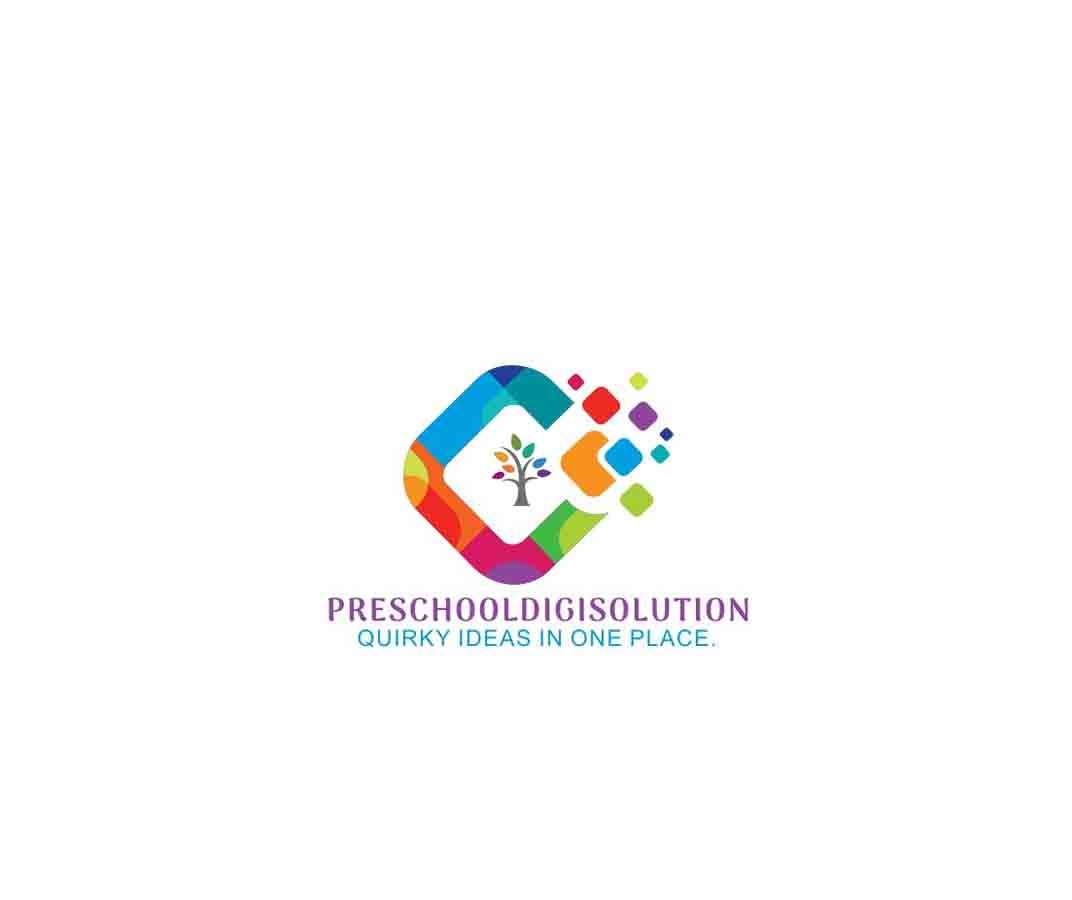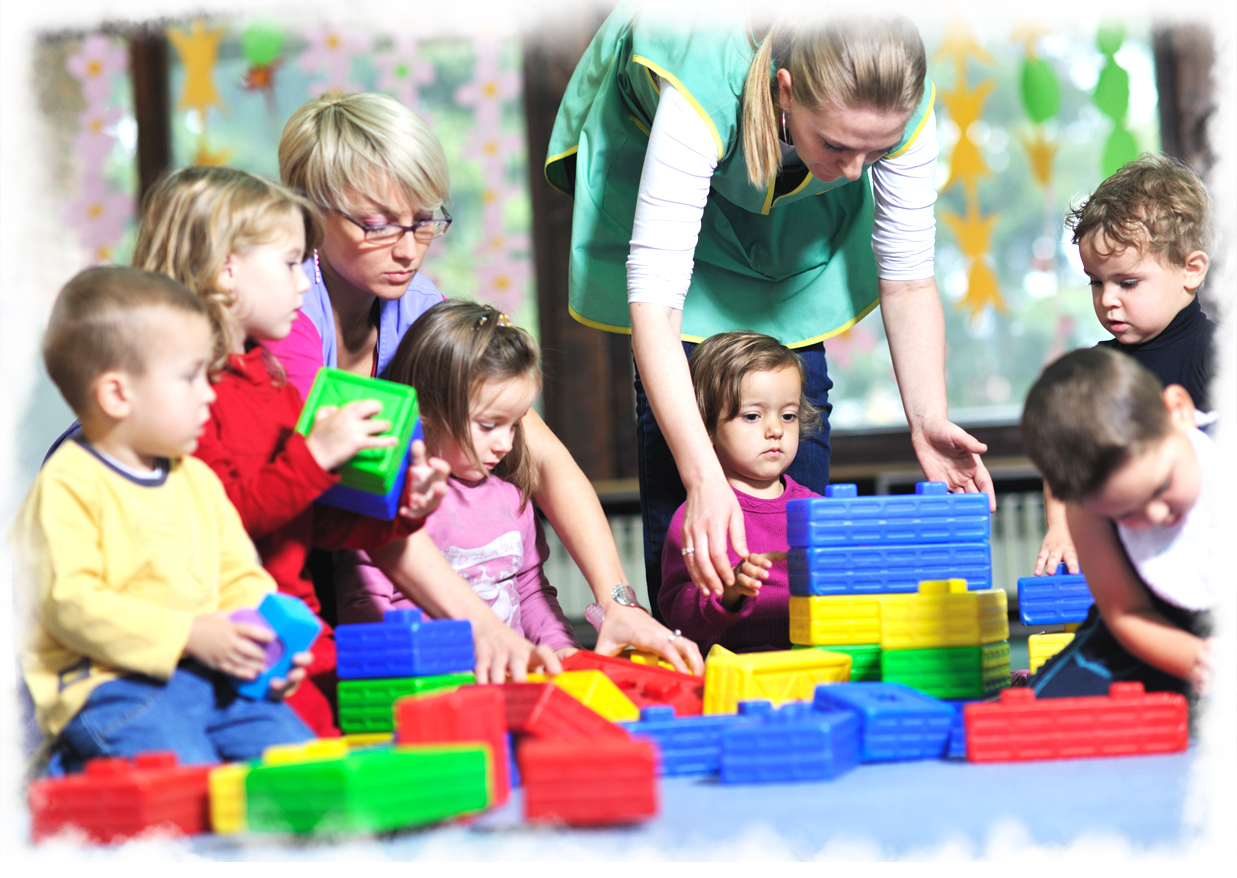Pre School is a infancy program during which children combine learning with clay during a program travel by Professional trained adult. Research has provided that 0-5 years is the most crucial lay the foundation for child learning and in absence of the right environment children development suffer.
There is a strong connection between the development a child undergoes early in life and level of success and the level of success that the child will experience later and life.
When Young Children are provided an environment rich in languages and literacy interactive and full of opportunity to listen to end use languages constantly, then can begin to acquire the essentials building block for learning how to read. A Child who enter school without these skill runs a significant risk of starting behind and staying behind.
Children need encouragement, motivation, but they should not be pestered and put under presser to learn thing, earlier then they would if they were not pushed learning happen best when caring adult work with the child, having loving relationship, and explore the world together. In ways that are interesting and fun.
The children of today are gearing up to become adult citizens of tomorrow. The growth is parallel to the longer term of our country, reflected through quality of this education system.
The early childhood years matter tons – experiences in these years have lifelong consequences for health and wellbeing. The early years of development from conception until age five, and especially the primary 1000 days of development from conception to age two, are the main target of increasing attention in recent years. The argument is that the primary 1000 days are the amount of maximum developmental plasticity, and thus the amount with the best potential to affect health and wellbeing over the life span. However, in India, this age group receives far less attention and funding than children of school age and young people.
Children learn and develop in the context of their relationships. These relationships begin in their family, but also include other important adults in their lives, such as grandparents and other extended family, early childhood staff and neighbors. These relationships affect virtually all aspects of the child’s development including cognitive, social, emotional and physical development, and lay the foundation for a wide range of outcomes in later life, including social and emotional competence, mental health and achievement at school or work
The relational experiences children have in their early years, and the environments in which they have them, shape their developing brain architecture and also affect how genes are expressed. Children are born ready to learn and engage with their world through their relationships. Young children naturally reach out to engage with the adults in their world through babbling, facial expressions, gestures and words. Responsive caregivers consistently respond with warmth and emotional engagement in a ‘give and take’, or ‘serve and return’ reciprocal interaction. These interactions shape the architecture of the developing brain and are essential for healthy development. Over time, these continued interactions and relationships build children’s brains from the bottom up, with increasingly complex circuits building on simpler circuits, and increasingly complex and adaptive skills emerging over time
As your child develops, they are going through progressive developmental stages, from birth into adulthood. Environmental, genetic, and cultural factors can all affect a child’s development, and the way quickly they progress from one stage to subsequent. It’s difficult for youngsters to elucidate what they’re browsing, much less to research their feeling.


